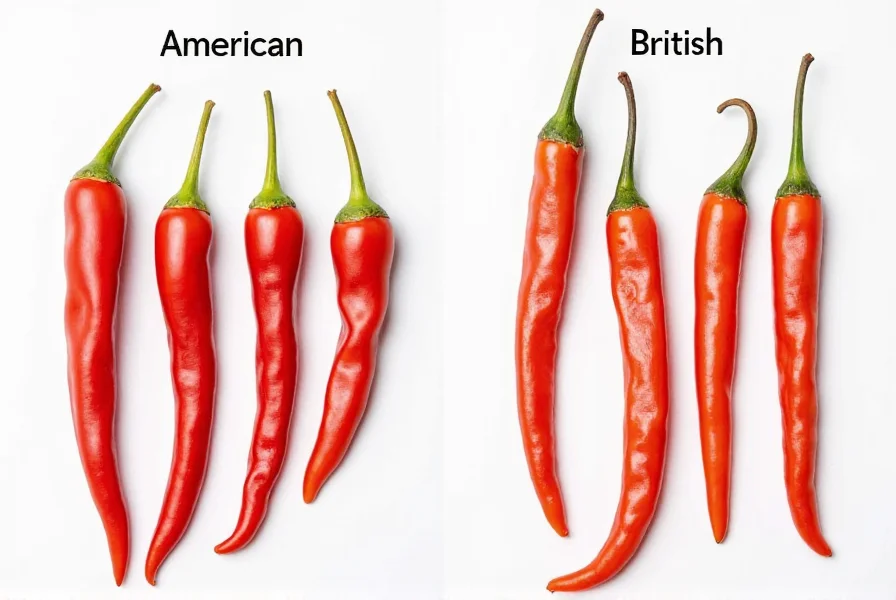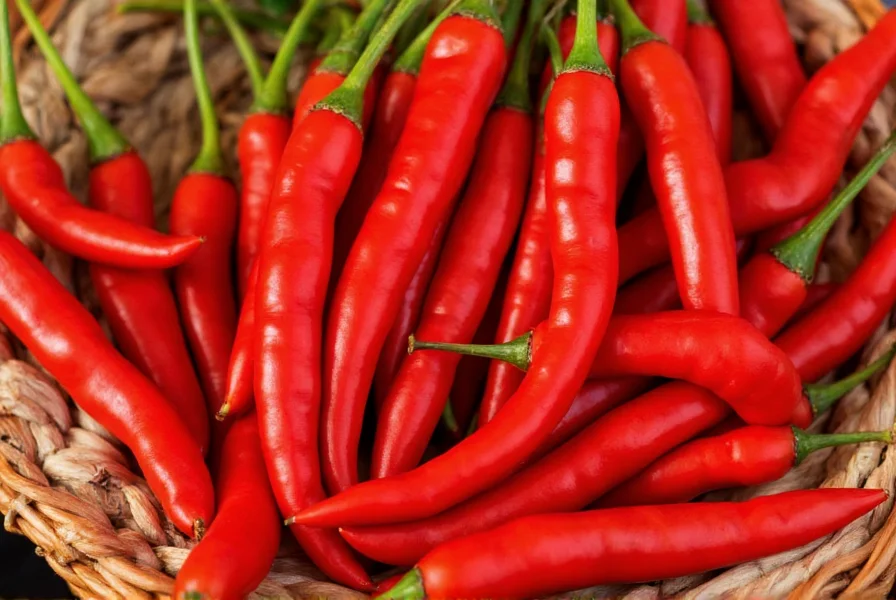Have you ever paused mid-sentence, wondering whether to spell it 'chili' or 'chilli'? You're not alone. This common spelling dilemma trips up writers worldwide, creating confusion in recipes, restaurant menus, and everyday conversations. Understanding the regional preferences behind these spellings can transform your writing from uncertain to authoritative.
Regional Spelling Preferences Explained
The spelling difference stems from regional language variations rather than any meaningful distinction in the peppers themselves. In the United States and Canada, 'chili' (with one 'l') represents the standard spelling for both the peppers and the stew-like dish. Meanwhile, British English and many Commonwealth countries favor 'chilli' (with double 'l').
| Region | Preferred Spelling | Common Usage Context |
|---|---|---|
| United States | chili | Chili con carne, chili powder, fresh chili peppers |
| United Kingdom | chilli | Chilli flakes, chilli sauce, red chilli |
| Australia/New Zealand | chilli | Chilli chocolate, bird's eye chilli, dried chillies |
| International Scientific Context | chili | Botanical references, academic papers |
Historical Context of the Spelling Variations
The word entered English from Spanish 'chile,' which itself came from the Nahuatl (Aztec) word 'chīlli.' When adopted into English, spelling variations emerged as the word traveled across regions. American English typically simplified the spelling to 'chili' following Webster's dictionary standardization efforts, while British English retained the double 'l' spelling as 'chilli' to reflect pronunciation.
Linguistic experts note that both forms appeared in English texts as early as the 16th century. The Oxford English Dictionary documents 'chili' appearing in American publications by 1826, while 'chilli' gained traction in British publications throughout the 19th century.
Practical Usage Guidelines for Writers
When deciding between 'chili' or 'chilli,' consider these practical factors:
- Audience location: Match your spelling to your readers' regional expectations
- Publication standards: Follow style guides (AP uses 'chili,' Oxford uses 'chilli')
- Context specificity: Use 'chile' when referring to the fresh pepper in botanical contexts
- Consistency: Maintain the same spelling throughout your document
Professional editors emphasize that consistency matters more than which spelling you choose. Switching between 'chili' and 'chilli' within the same document creates confusion and undermines credibility. For international audiences, 'chili' generally has wider recognition, though 'chilli' appears more frequently in European publications.
Common Mistakes to Avoid
Many writers introduce errors when navigating this spelling dilemma:
- Mixing spellings within the same document ('chili' in one paragraph, 'chilli' in the next)
- Adding unnecessary 'e' endings ('chile' vs. 'chili'—note 'chile' is correct for fresh peppers in some contexts)
- Confusing with 'chilly' (meaning cold), which has different spelling and meaning
- Assuming one spelling is 'correct' while the other is 'wrong'—both are valid regionally
Food historians note that even professional chefs and cookbook authors frequently switch spellings unintentionally. The key is establishing a consistent approach based on your target audience rather than searching for a single 'correct' version.

Special Cases and Exceptions
Certain contexts create exceptions to the general regional rules:
- Brand names: Many products use 'chili' globally regardless of region (Chili's Restaurant, Chili Powder brands)
- Scientific terminology: Botanists typically use 'chili' in species names (Capsicum annuum)
- Culinary traditions: Some regional dishes maintain traditional spellings (Texas chili vs. British chilli con carne)
- Plural forms: Americans often use 'chilies,' while Brits may use 'chillies' or 'chillis'
Language scholars point out that the spelling 'chile' (without 'i') remains the most accurate transliteration from Spanish, explaining its use in academic and botanical contexts. However, for everyday writing, matching regional expectations serves communication better than strict etymological accuracy.
Final Recommendations for Clear Communication
Whether you're writing a recipe blog, academic paper, or restaurant menu, these guidelines ensure clarity:
- Identify your primary audience's location
- Check relevant style guides for your publication type
- Choose one spelling and maintain consistency
- When in doubt, 'chili' has broader international recognition
- Never mix spellings within the same document
Linguistic experts confirm that both 'chili' and 'chilli' will continue coexisting as regional variants. Rather than searching for a single 'correct' spelling, successful communicators adapt to their audience's expectations while maintaining internal consistency.
Is 'chili' or 'chilli' the correct spelling?
Both spellings are correct depending on regional usage. 'Chili' is standard in American English, while 'chilli' is preferred in British English. Neither is universally 'correct'—the appropriate choice depends on your audience's location and publication standards.
Does 'chili' with one 'l' mean something different from 'chilli' with two 'l's?
No, there is no difference in meaning between 'chili' and 'chilli.' Both refer to the same peppers and dishes. The spelling variation reflects regional language preferences rather than any distinction in the food itself.
How do I know whether to use 'chili' or 'chilli' in my writing?
Consider your audience's location: use 'chili' for American readers and 'chilli' for British readers. Check your publication's style guide, and most importantly, maintain consistent spelling throughout your document regardless of which variant you choose.
Why do Americans spell it 'chili' while British English uses 'chilli'?
This reflects broader spelling differences between American and British English. American English often simplifies spellings (color vs. colour), while British English frequently retains double consonants. The variation emerged as the word traveled from Spanish through different English-speaking regions.
Is there a preferred spelling for international audiences?
For international audiences, 'chili' generally has wider recognition, particularly in digital contexts. However, 'chilli' appears more frequently in European publications. When writing for global readers, choose one spelling and maintain consistency throughout your document.











 浙公网安备
33010002000092号
浙公网安备
33010002000092号 浙B2-20120091-4
浙B2-20120091-4